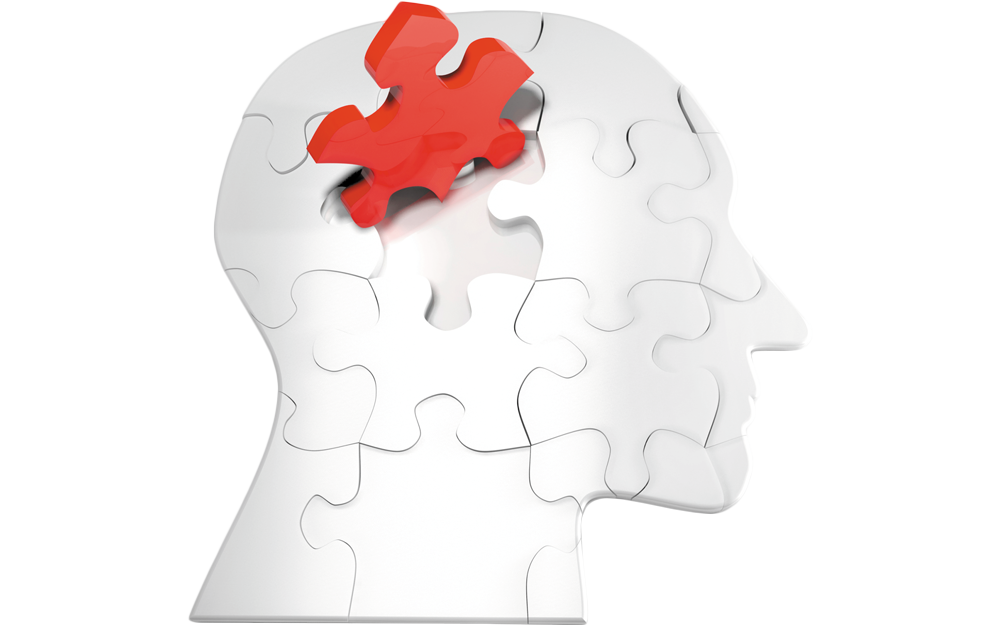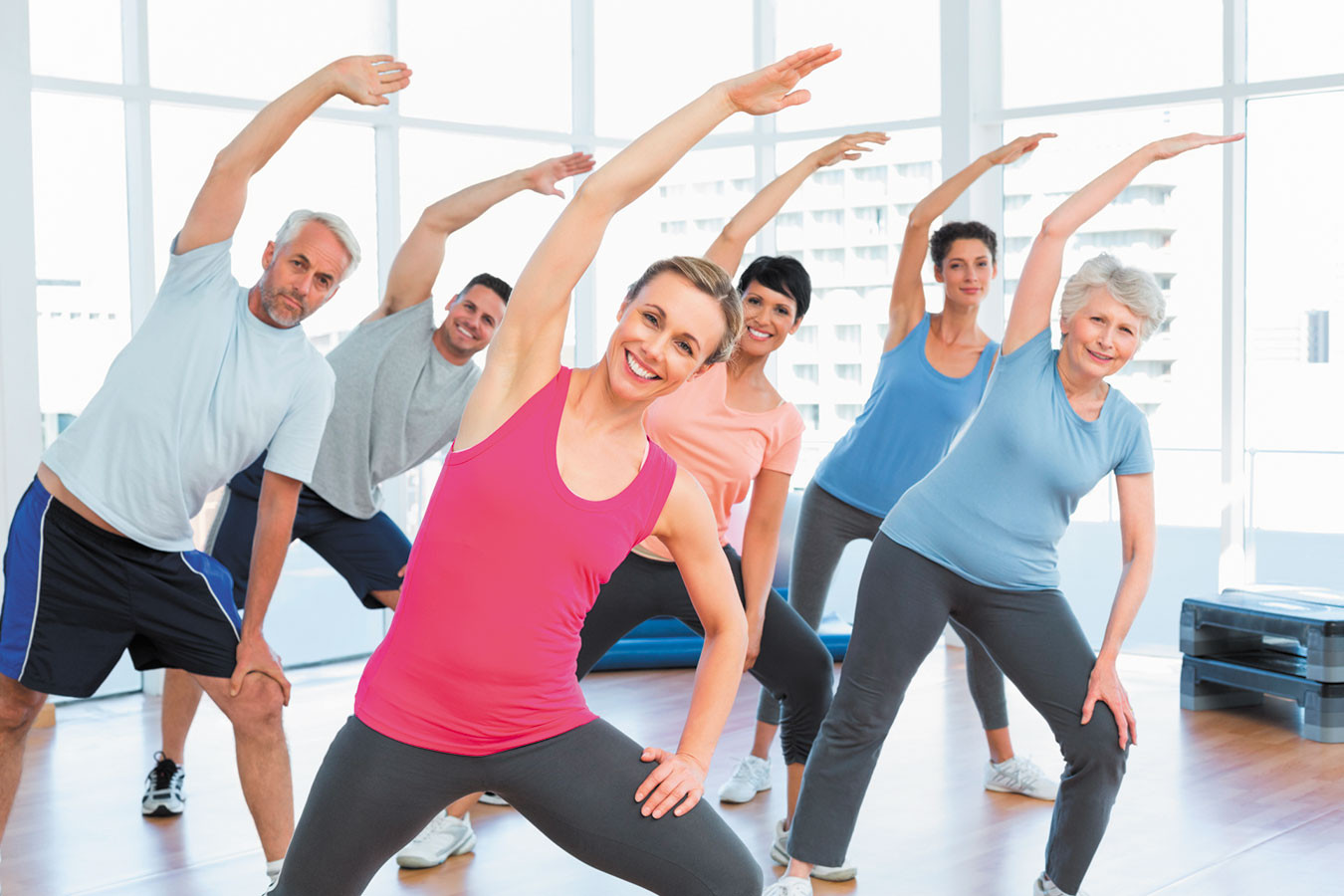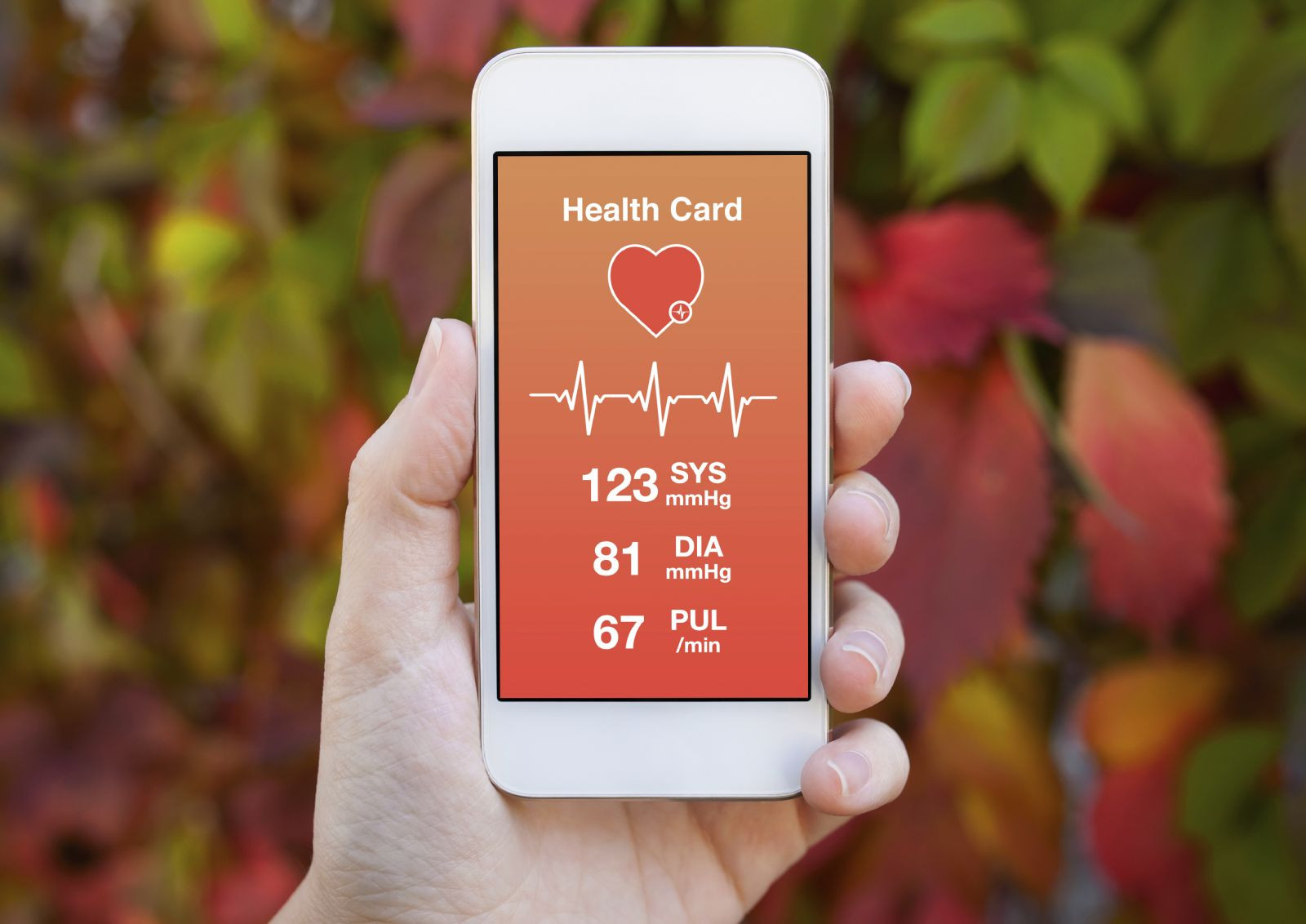
Can white noise really help you sleep better?

Celiac disease: Exploring four myths

What is prostatitis and how is it treated?

What is Cushing syndrome?

Exercises to relieve joint pain

Think your child has ADHD? What your pediatrician can do

Foam roller: Could you benefit from this massage tool?

Stepping up activity if winter slowed you down

Common causes of cloudy urine

Dragon fruit: How to enjoy this antioxidant-rich fruit
Alzheimer's Disease Archive
Articles
Negative views of aging linked with increased risk of Alzheimer's
A negative attitude about aging appears to be associated with a higher likelihood of Alzheimer's disease.
A study in the journal Psychology and Aging examined healthy, dementia-free subjects from the Baltimore Longitudinal Study of Aging, the nation's longest-running scientific study of aging.
Tips to get the most from your memory
As you've gotten older, have you noticed that you often find yourself marching around the house in a huff, searching for misplaced car keys or eyeglasses, or you just cannot remember the name of that new neighbor you met when walking the dog? It's frustrating, to be sure, but not inevitable — and there are things you can do to help keep your memory sharp.
"Most people get a little more forgetful with aging, but there are some simple things you can do to prevent memory slips and help your brain to learn and remember better," says Dr. Anne Fabiny, chief of geriatrics at Cambridge Health Alliance and an assistant professor of medicine at Harvard Medical School.
How can you prevent cognitive decline? Try this combination strategy
Image: Thinkstock
Four steps—following a healthy diet, getting regular exercise, socializing, and challenging your brain—can improve your mental skills, even as you age.
Observational studies over the past few years seem to be repeating the same message: regular physical activity, a good diet, taking on new mental challenges, and maintaining strong social connections may each help you hang on to your mind. The latest and most impressive study goes a step further by suggesting that if you follow all four practices, you may even reverse lost mental capacity. The results of the Finnish Geriatric Intervention Study to Prevent Cognitive Impairment and Disability (FINGER) indicated that doing so not only kept cognitive skills from declining, it also improved reasoning skills and speed in performing mental tasks.
A new look at treating Alzheimer's disease
Image: Thinkstock
Tau proteins, and not necessarily beta-amyloid, may be the key to unlocking a viable treatment.
Alzheimer's disease affects more than five million people, and that number is expected to more than double by 2050. While there is no cure, attention has refocused on what many researchers believe is a major player in Alzheimer's: tau proteins.
Vigorous exercise may counter cognitive decline in early Alzheimer's
Reports at the Alzheimer's Association International Conference in July 2015 verified that women are at higher risk than men for developing Alzheimer's, and also progress more rapidly from mild cognitive impairment to out-right dementia than men do. But not all the news was bad. A study reported at the meeting indicates that physical exercise can halt, and even reverse, the decline in people with mild cognitive impairment.
In that study, conducted by researchers at Wake Forest University in North Carolina, 65 previously sedentary women and men with mild cognitive impairment exercised at peak capacity for at least 45 minutes four times a week for six months. At the beginning and end of the study, researchers tested participants' cognitive skills and examined their blood and cerebrospinal fluid for levels of tau protein—a principal component of the amyloid plaques associated with Alzheimer's disease. They found that the participants scored significantly higher on the cognitive tests at the end of the study than they had at the beginning. Their tau protein levels had declined substantially as well.
Exercise: A promising treatment for dementia?
| Image: Thinkstock |
We know that moderate-intensity exercise, such as brisk walking, can both improve thinking skills and slow their decline in older age. Now a trio of studies presented at the July 2015 Alzheimer's Association International Conference suggest that aerobic exercise may even be able to help protect your brain from Alzheimer's and other dementias, and improve your quality of life if you have the disease. One study of 200 adults with Alzheimer's showed that those who engaged in three hour-long exercise sessions a week for 16 weeks had less anxiety, irritability, and depression and better mental speed and attention compared with those who didn't exercise. A study of 65 sedentary older adults with mild cognitive impairment showed that those who took part in 45 to 60 minutes of aerobic exercise four times a week for six months not only had better attention and planning skills, but also better blood flow to the brain and a reduction in dangerous proteins associated with Alzheimer's disease, compared with those who only did stretching exercises. A study of 71 older adults with cognitive impairment due to vascular disease found that those who did an hour of aerobic exercise three times per week for six months improved their thinking skills, memory, and attention compared with those who did not exercise. Although the studies were presented at a scientific meeting, it's only after publication of the full details that scientists can adequately judge a work. Nevertheless, the studies are in line with past research showing that regular exercise may help protect the brain.
Must-have high-tech tools for caregivers
|
When you are caring for someone who is ill, elderly, or disabled, it's important to consider how you'll handle those times when you can't be with your loved one in person. Thankfully, today's technology offers options that can help you keep track of your loved one's safety and well-being.
Most people are familiar with the emergency response system known as Lifeline. Experts call devices and systems like Lifeline "telecare." But there's much more to telecare than emergency assistance. Today, there are a multitude of telecare devices that can help you stay informed of your loved one's activities and needs in real time.
5 ways to care for yourself while caring for a loved one
Image: iStock |
Caring for an aging parent or a loved one who is ill or disabled is often deeply rewarding. But it can also consume a lot of time, as well as physical and emotional energy. You may feel overwhelmed by myriad responsibilities — home, work, other family needs, and caregiving. But it's just as important to care for yourself before you burn out. Try our five tips below to help rejuvenate yourself.
1. Recruit help: You don't have to "do it all" yourself. In fact, it's best to have more than one person involved in caregiving. Whether it's accompanying your loved one to appointments, helping with housework, or cooking dinner one night a week, ask other family members to lend a hand. And if someone asks if he or she can pitch in, don't be afraid to say yes!
There is something you can do about Alzheimer's disease-join a study
Thousands of volunteers are needed for current Alzheimer's studies. |
Women are at greater risk for dementia. Joining clinical trials can help to speed the development of promising drugs.
Attention caregivers: Making use of helpful services
Being a caregiver for an ailing parent, spouse, child, or other loved one can feel like a lonely undertaking. It needn't, even if you don't have family nearby to pitch in. Help for caregivers is available from various organizations. Once you learn what's available, it may be easier to chart a less-demanding course toward meeting the needs of your spouse, relative, or friend.
Here are some types of services and professionals you might want to investigate.

Can white noise really help you sleep better?

Celiac disease: Exploring four myths

What is prostatitis and how is it treated?

What is Cushing syndrome?

Exercises to relieve joint pain

Think your child has ADHD? What your pediatrician can do

Foam roller: Could you benefit from this massage tool?

Stepping up activity if winter slowed you down

Common causes of cloudy urine

Dragon fruit: How to enjoy this antioxidant-rich fruit
Free Healthbeat Signup
Get the latest in health news delivered to your inbox!
Sign Up










